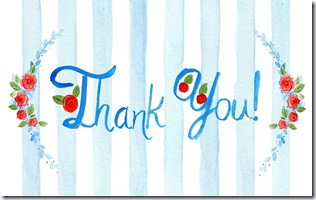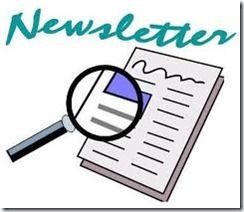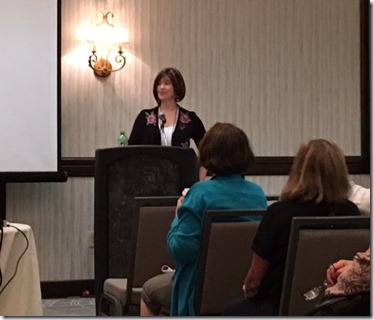Once you or your publisher sets a date for your new release, you can start planning ahead for the big day. You’ll need to begin months earlier and get your pieces lined up ahead of time. Planning for a new release can be a full-time marketing job, so I’d advise you to set aside a few weeks to get everything done. Here’s a basic countdown schedule to act as a guideline.
4 to 6 months ahead
Prepare your story blurbs and tag lines.
Update the author biography on your website. Have a short and long one along with a separate speaker introduction.
Send out advance reading copies to reviewers and bloggers.
Announce the launch date in your newsletter and on your social media sites.
Schedule a virtual blog tour.
Reserve ad space in trade journals, e-magazines, and online reader sites.
Set up speaking engagements and signings.
2 to 4 months ahead
Send out a press release about the new release and include signing dates.
Do a Cover Reveal once your book is available for pre-order.
Write a page full of tweets and Facebook posts about the new release.
Create your book trailer (optional) and add to social media sites.
Write guest blog articles and interviews for your virtual book tour.
Run contests or giveaways with your ARCs as prizes.
Order print promo materials and swag for conferences
Consider if you want to put another book in your series on sale during the window of your book launch.
1 to 2 months ahead
Set a book launch party date, time and place. Here’s an example of the online site I share with author Maggie Toussaint: https://www.facebook.com/NewReleaseParty/
Write the party posts, determine the prizes, and schedule all posts ahead of time.
Create memes for your launch party and the new release.
Send out “Save the Date” notices. Treat the launch as an “event” and broadcast it on your social media sites and to your influential contacts.
Schedule a newsletter and blog to post on the launch date.
Update your website with reviews as they come in. If time permits, thank each reviewer.
Write a book club discussion guide (optional).
Post the first chapter on your website.
Put excerpts on your blog to entice readers to want more.
Do as much of this work in advance as you can. This is simplifying all the effort a book launch entails but being prepared relieves some of the stress as your book birthday approaches.
Preparing for a Book Launch #amwriting #bookmarketing Share on X
















